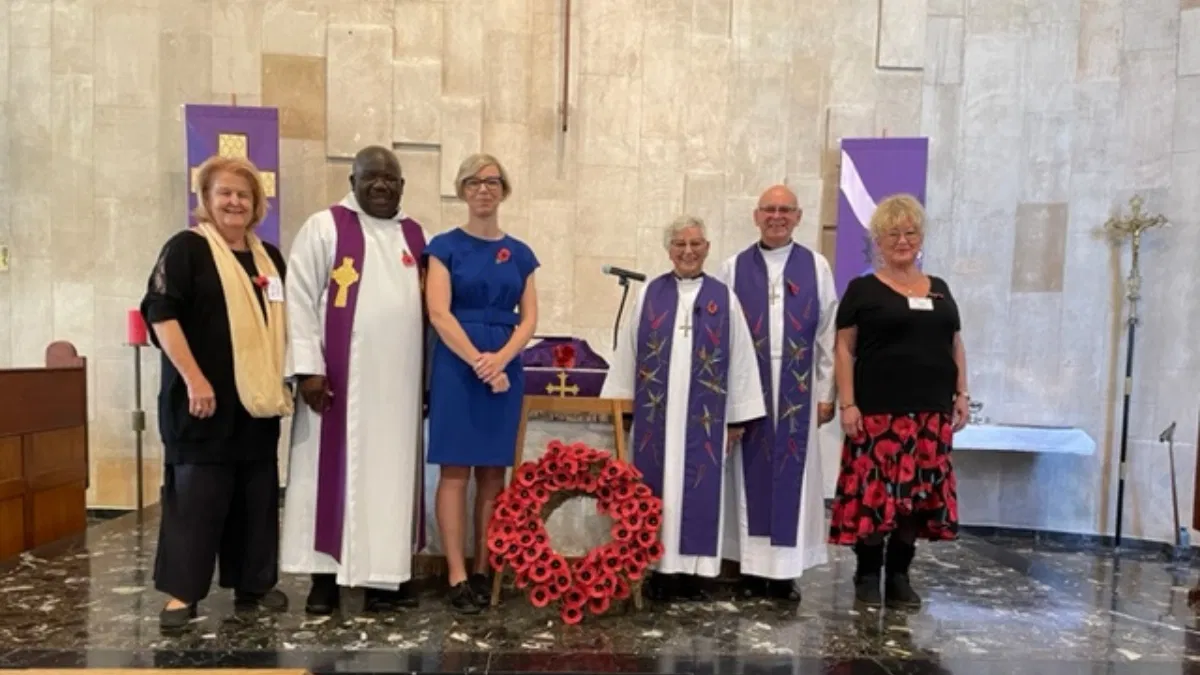Copyright euroweeklynews

For British expats living in Mallorca, marking Remembrance Day 2025 offers a poignant link to home and a meaningful way to honour those who served. The day provides an opportunity for community, remembrance and reflection – even far from the UK. An important gathering for the expat British community on Mallorca is the service organised by Anglican Church Mallorca. It takes place on Sunday November 9 2025 at 10.45 am. This gives English-speaking residents and British nationals in the Balearics a local venue to come together, observe the traditional two-minute silence and share the poppy symbol of remembrance. What Remembrance Day is and why it matters Remembrance Day traces its origins to the armistice that ended hostilities on the Western Front of the First World War at the 11th hour of the 11th day of the 11th month in 1918. Over time it evolved to become not only a commemoration of those who died in that war, but a broader tribute to all members of the armed forces who gave their lives in conflict. It is often observed on or around November 11, with the UK also recognising the second Sunday in November as Remembrance Sunday. The red poppy became the emblem of the day, symbolising both remembrance and hope for peace. In Spain, British Embassy and Consulate-led services alongside community events have been taking place for many years. For example, British diplomatic missions and expatriate groups in Spain have participated in wreath-laying and acts of remembrance across the country. Why observing the day is important for expats Living abroad does not mean leaving tradition behind. For British expats in Spain, participating in Remembrance Day helps maintain a connection to roots and provides an occasion to pause and reflect, not just individually but as a community. It also gives an opportunity to be visible – affirming that even in Spain, British nationals uphold traditions of service, sacrifice and remembrance. Being part of a joint act of tribute strengthens bonds with fellow expats and with UK institutions overseas. Moreover, it can help younger generations (children of expats) understand the significance of the day and enable them to carry forward the legacy of remembrance, even in a foreign environment. Wearing a red poppy is encouraged; the symbol is strongly associated with the day and widely recognised by British communities. Engage in the service, observe the silence (often around 11 am), and participate respectfully in any wreath-laying. If you cannot attend in person, you can still mark the moment: wear a poppy at home or in your local community, pause for two minutes of silence at 11 am and reflect on the service and sacrifice of those who served. Following the service, there may be informal gatherings of the expat community which provide a chance to connect and share reflections. In the UK, the tradition of Remembrance Sunday (on the Sunday nearest 11 November) emerged to allow wider participation in commemorative services. The poppy as a symbol was inspired by the poppies that grew on battlefields in Flanders and has since become universally associated with remembering the fallen. Over decades the day has evolved to include all conflicts and to emphasise not only remembrance of death but also care for the living – veterans, families and communities. In Spain, British-run Remembrance services have been held in places such as Mallorca, underlining the international dimension of the tradition. For British expats living on the beautiful island of Mallorca, the 2025 Remembrance Day service at the Anglican Church Mallorca provides a vital moment of shared history and community. Whether you attend, observe the silence at home, wear a poppy or gather with friends, the act of remembrance remains a powerful way to link past sacrifices with present gratitude. In Spain, the tradition lives on – and you can be part of it.



